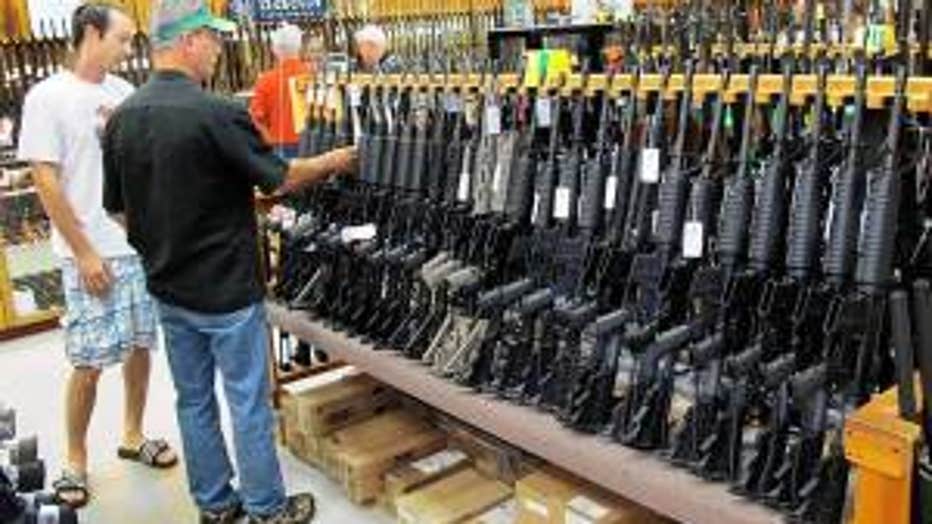Government shutdown hits military towns harder than others
FAYETTEVILLE, N.C. — First, Robert Randles got "riffed" — removed from his building inspector job at Ft. Bragg as part of the military's "reduction in force."
Next, he got "sequestered" — forced to take an unpaid day off every week for six weeks this summer from his new job as an electrician at the Army base.
Then, this month, Randles, a 50-year-old Army veteran, became a victim of the government shutdown. Along with 7,250 other civilian government workers at Ft. Bragg, he was furloughed.

The shutdown sent shock waves through Fayetteville, a tough, vibrant military town that for decades has enjoyed a symbiotic relationship with the sprawling military reservation on its shoulder. When asked where they're from, many Ft. Bragg soldiers born and raised elsewhere reply, "Fayetteville."
Fayetteville would still be a sleepy Southern hamlet without Ft. Bragg and the Army's adjacent Pope Field. The city's identity is inextricably bound with the military, from the gun stores and strip clubs along Bragg Boulevard to the "Iron Mike" paratrooper statue at the entrance to the city's revitalized downtown.
Some unexpected — and welcome — news arrived Saturday when Defense Secretary Chuck Hagel announced that about 350,000 civilian defense workers would be called back to work. A Ft. Bragg spokesman said most of the base's furloughed Defense Department workers would be on the job Monday. In all, about 800,000 federal employees had been idled.
Hagel said the worker recall was possible after lawyers determined that the Pay Our Military Act, a measure passed by Congress and signed into law shortly before the shutdown began Tuesday, could also apply to civilian workers "whose responsibilities contribute to the morale, well-being, capabilities and readiness of service members."
For more on this story, click here.

